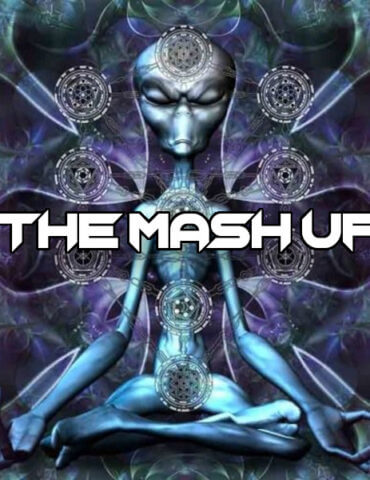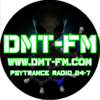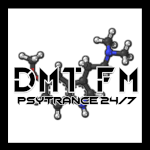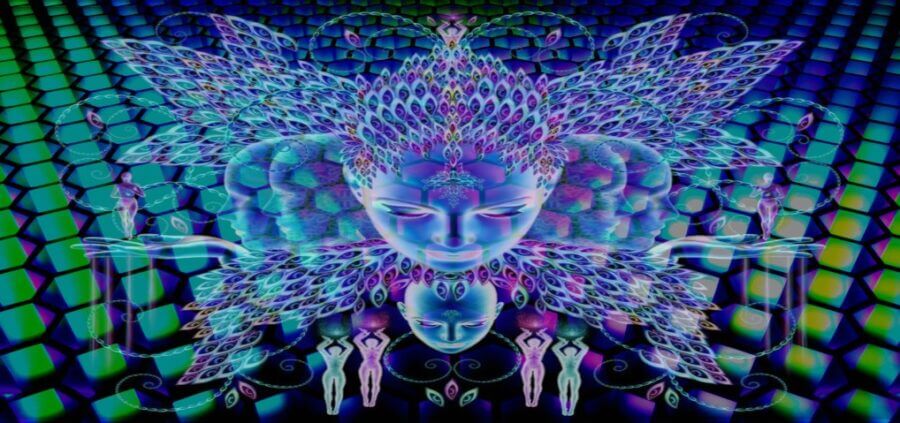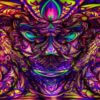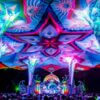Techno & Acid Techno Guide
Techno
is a genre of electronic dance music (EDM) which is generally produced for use in a continuous DJ set, with tempo often varying between 120 and 150 beats per minute (bpm).
The central rhythm is typically in common time (4/4) and often characterized by a repetitive four on the floor beat. Artists may use electronic instruments such as drum machines, sequencers, and synthesizers, as well as digital audio workstations. Drum machines from the 1980s such as Roland’s TR-808 and TR-909 are highly prized, and software emulations of such retro instruments are popular.
Much of the instrumentation in techno emphasizes the role of rhythm over other musical parameters.
Techno tracks mainly progress over manipulation of timbral characteristics of synthesizer presets and, unlike forms of EDM that tend to be produced with synthesizer keyboards, techno does not always strictly adhere to the harmonic practice of Western music and such structures are often ignored in favour of timbral manipulation alone.
Another distinguishing feature of techno music and techno aesthetic is the general embracement of creative use of music production technology.
Use of the term “techno” to refer to a type of electronic music originated in Germany in the early 1980s. In 1988, following the UK release of the compilation Techno! The New Dance Sound of Detroit, the term came to be associated with a form of EDM produced in Detroit.
Detroit techno resulted from the melding of synth-pop by artists such as Kraftwerk, Giorgio Moroder and Yellow Magic Orchestra with African American styles such as house, electro, and funk.
Added to this is the influence of futuristic and science-fiction themes relevant to life in American late capitalist society, with Alvin Toffler‘s book The Third Wave a notable point of reference.
The music produced in the mid-to-late 1980s by Juan Atkins, Derrick May, and Kevin Saunderson (collectively known as The Belleville Three), along with Eddie Fowlkes, Blake Baxter, James Pennington and others is viewed as the first wave of techno from Detroit.
After the success of house music in a number of European countries, techno grew in popularity in the UK, Germany, Belgium and the Netherlands.
In Europe regional variants quickly evolved and by the early 1990s techno subgenres such as acid, hardcore, bleep, ambient, and dub techno had developed.
Music journalists and fans of techno are generally selective in their use of the term, so a clear distinction can be made between sometimes related but often qualitatively different styles, such as tech house and trance.
Acid Techno
sometimes known generally as “acid“, is a genre of techno that was derived from acid house and developed in Europe in the late 1980s to early 1990s.
It saw younger artists apply the “squelching” synthesizer sound of Chicago acid house to harder-edged techno material.
The acid style was obtained largely through Roland instruments, most prominently the TB-303 bass synthesizer. The term Acid specifically refers to the harsh “acidic” squelching sound of the Roland 303.
The acid sound is achieved by turning up the filter resonance and turning down the cutoff frequency parameters of the synthesizer, along with programming the 303’s accent, slide, and octave parameters; manipulating the filter in real-time as the track is being recorded is a technique known as tweaking.
In addition to acid records imported from the US, the style was influenced by sources such as hardcore, German trance, and Belgian rave music
Early exponents of the style included Richie Hawtin (aka Plastikman), Aphex Twin, Dave Clarke, Hardfloor, solarquest, and Damon Wilde. Other mainstays included London acts such as Liberators, Henry Cullen (aka D.A.V.E. The Drummer), Guy McAffer (aka The Geezer), and DDR.
In London, the acid techno scene developed via illegal network of parties; the 1997 compilation It’s Not Intelligent…And It’s Not From Detroit…But It’s F**king ‘Avin It was subtitled “The Sound of London’s Acid Techno Underground” and helped to solidify the genre in the underground consciousness.
